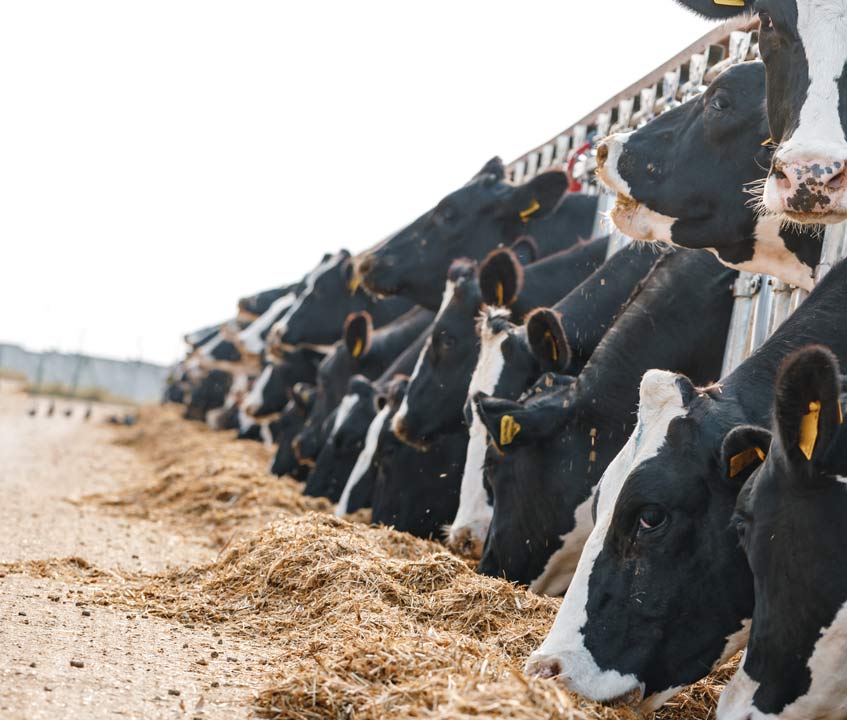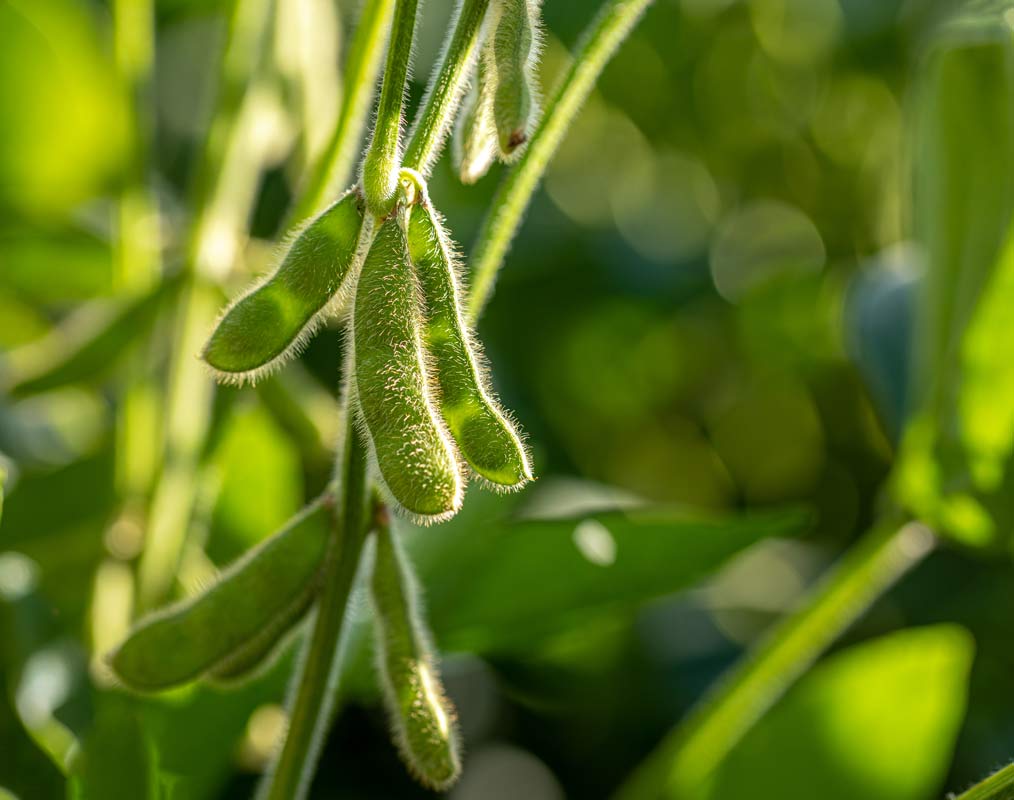
Over the past decades, industrial livestock farming in Canada has expanded dramatically, fueled by government policies and billions in annual subsidies promoting meat, dairy and egg production. However, this system carries steep and unsustainable costs – to the environment, public health, animals and rural economies. Its myriad impacts now demand a rethinking of agricultural policy priorities.
A consensus is growing amongst sustainable food nation farmers, scientists and citizens that a paradigm shift towards plant-based agriculture is essential for averting climate catastrophe, reversing species loss, improving human health, upholding ethics and even strengthening rural prosperity. Federal and provincial governments spend over $7 billion each year propping up the animal agriculture sector, from grants to input cost reduction. Many argue that transitioning even a fraction of these subsidies could lay the foundation for Canada’s agricultural system to produce affordable nutrition sustainably into the future across this green nation.
The concept of sustainability is not limited to agriculture. In fact, other industries like digital platforms, including online entertainment services such as casinos, are also exploring ways to reduce their environmental footprint. These platforms are finding innovative ways to operate more sustainably, such as adopting energy-efficient technologies.
For an interesting look at how even online casinos are embracing sustainability, check out this article on how farmers and digital services are working together. It highlights innovative collaborations between unexpected sectors, proving that environmental responsibility spans industries.
Problem at Hand: Cost of Livestock Farming
While meat, dairy and eggs feature strongly in Canada’s current food culture, their production inflicts heavy damage. Animal agriculture generates nearly 15% of Canada’s greenhouse gases – as much as the transportation sector. It drives widespread air and water pollution, soil degradation, deforestation and biodiversity loss.
The World Health Organization and Canada’s dietary guidelines now recommend drastically reducing the consumption of animal protein due to compelling evidence linking it with heightened risks of heart disease, stroke, cancer, diabetes and zoonotic infections like bird flu. Routine antibiotic use in farm animals also enables dangerous antimicrobial-resistant superbugs.
Furthermore, standard practices in industrial animal farming lead to immense animal suffering – from painful mutilations to restrictive confinement preventing natural behaviours. As science and ethics evolve, concern over this institutionalized cruelty grows.

Push for Policy Change
A committed coalition of farmers and environmental and animal protection groups has come together to advocate redirecting government assistance away from propping up the animal agriculture sector. They argue that Canada’s future food security and ecology depend on federal leadership to steward a just transition to plant-based agriculture.
They point to a compelling economic case, bountiful environmental benefits, and powerful ethical imperatives to overhaul policies currently skewed towards overproduction of emissions-intensive meat and dairy. A smart roadmap for change can nourish people, regenerate farmland and position Canada as a global leader in sustainable agriculture while upholding principles of fairness, welfare and innovation.
Economics Favouring Plant-Based Agriculture

Study after study shows plant-based agriculture systems require fewer inputs, increase yields, withstand unpredictable weather and generate more profit compared to livestock farming models. Legumes and specialty crops also replenish soil nutrition naturally, avoiding expensive synthetic fertilizers that drive climate emissions and dead zones in waterways.
Shifting subsidies towards fruits, vegetables, and protein-rich pulses will empower family farms over factory farms while lowering consumer prices and increasing access to nutritious, affordable food. The plant-based market’s exponential growth also promises jobs across the entire value chain – from research to manufacturing to new food enterprises. Canada already leads globally in protein innovations.
Policy and Subsidy Reform for the Future
Federal policies and financial assistance programs fundamentally shape the infrastructure, economics and practices of Canada’s agricultural system. Powerful lobbies ensure the status quo remains oriented around commercial interests rather than societal needs, ecological limits and animal welfare. Industry groups argue that food security and farmer livelihoods depend on continuing intensive animal agriculture models.
However, structural reforms enacted in a phased, just manner can transition Canada’s agricultural system to align with its own dietary recommendations and emissions targets while upholding farm viability. Economic analysis makes clear that appropriately redirected subsidies can nourish people, regenerate farmland and position Canada as a global leader in sustainable agriculture – all without sacrificing prosperity or nutrition.
Other jurisdictions like the European Union have begun dedicating agricultural funding specifically to support fruits, vegetables and plant proteins – acknowledging their vast benefits for food security, health and ecological sustainability relative to resource-intensive animal agriculture systems. Canada would do well to follow suit through smart subsidy reform.
Strategic Plan for Plant-Based Transition

Of course, appropriately phasing in policies to wind down public support for the animal agriculture status quo while ramping up assistance for plant farming will involve careful change management. The path ahead will require an open dialogue with all stakeholders to ensure shared needs are heard, from family farms and sector workers to associated industries to future generations depends on a thriving agricultural system.
Thoughtfully designed structural transitions can unlock innovation while providing impacted communities targeted workforce programs, loan forgiveness or extension services to embrace new opportunities in the booming plant-based market. Strategic cooperation across provinces with regionally tailored solutions will ease the adjustments.
Greener, Healthier Canada – Benefits of Plant-Based Agriculture
Phasing out subsidies to intensive livestock production in favour of plant farming promises enormous benefits:
- Enable Canada to meet climate commitments by reducing emissions from agriculture.
- Restore watersheds, wilderness habitats and biodiversity under threat.
- Drive transformative public health gains:
- Lower obesity, diabetes, heart disease and zoonotic infection rates.
- Reduce overall healthcare spending on diet-related illnesses.
- Deliver meaningful animal welfare improvements by moving away from institutionalized suffering inherent in industrial livestock production systems and towards more compassionate, ethical plant-based food production models.
The shift to plant-based agriculture, therefore, allows Canada to mitigate climate change, regenerate farmland, conserve nature, improve human health outcomes and uphold much higher standards for animal wellbeing – all while nourishing people with affordable nutrition.
Transition Challenges and Solutions
Powerful interests with deep political ties will resist change. The animal agriculture sector and associated industries wield heavy influence in shaping the policies that prop up their profit model. And changing social norms or individual habits invariably meet obstacles.
Yet the surging local food, organic and plant-based movements reveal a public hungry for ethical, healthy and sustainable options. Uniting concerned citizens and organizations from coast to coast to collectively raise their voices for subsidy reform provides a counternarrative to overcome stagnant policies. Poignant storytelling and images that reveal the true face of industrial animal agriculture can galvanize public pressure and political will for a better system.
Technology and innovation offer solutions, too. Emerging lower-cost plant-based alternatives and next-generation cultivated meat products address barriers to transition for both producers and consumers by demanding fewer tradeoffs. Canada leads globally in these fields and can leverage them for smooth, widespread change.
Mobilizing Society for Sustainable Agriculture
Transitioning Canada’s agricultural priorities requires mobilizing public interest and support to overcome entrenched policies and norms favouring the status quo. Concerned citizens can advocate MPs as one farm nation, educate communities on building a sustainable food nation, make dietary shifts and support organizations spearheading structural reform efforts.
Students, faith groups, health professionals and activists across the country are vital to demonstrate demand for a just, ecologically-aligned and compassionate food system. The path forward will challenge assumptions, habits and political will. But the future of Canada’s food security, health trajectory and global reputation hinge on the transition towards a plant-based green nation.
Note: We aim to objectively inform readers about agricultural subsidies, environmental impacts of farming, and potential policy reforms. We do not represent or speak on behalf of any organizations mentioned. The analysis and arguments made are intended for educational purposes only. For any suggestions, feedback or inquiries related to this article, please send us an email at [email protected].

